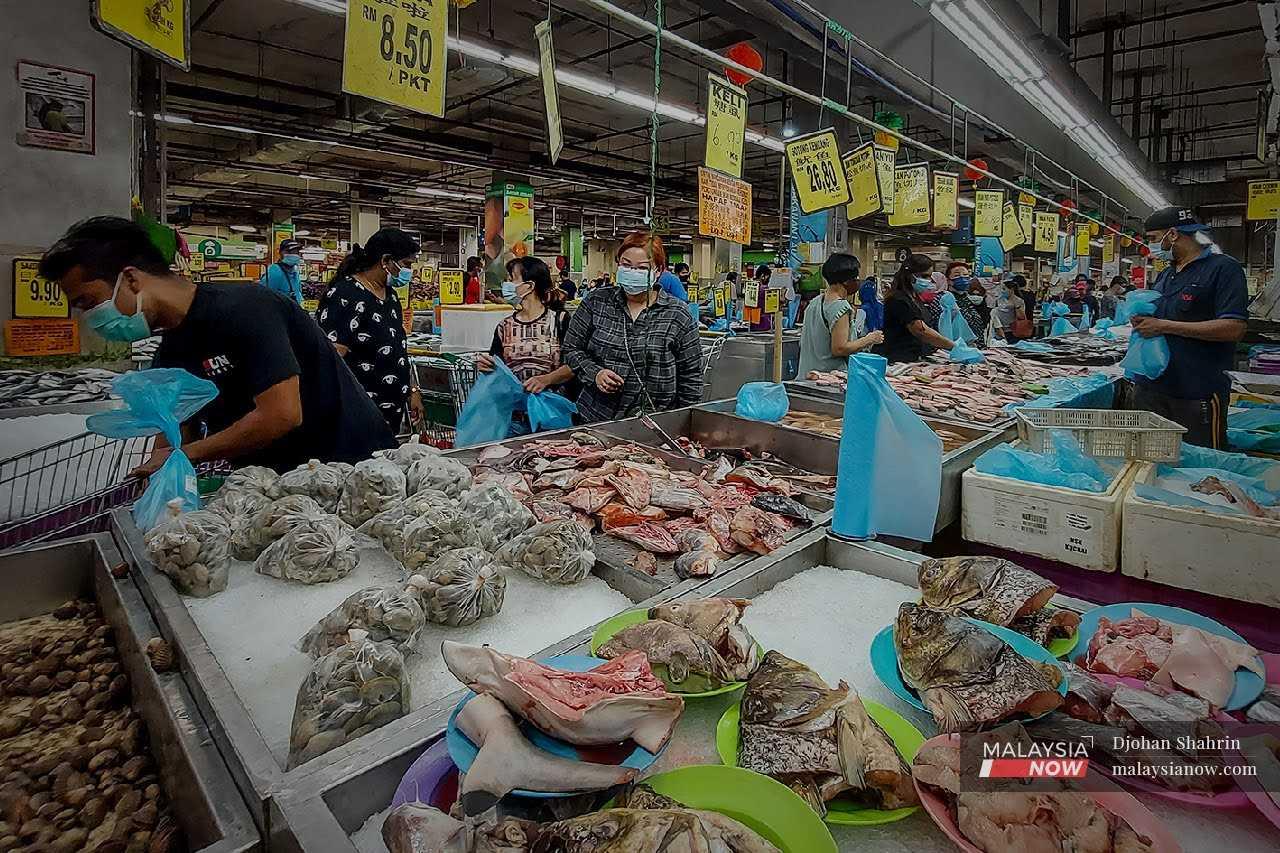Analysts pan politicians from both sides in ringgit debate, say still no plan on food security
They say it is wrong for politicians to take credit or blame for how the ringgit performs.
Several analysts have taken politicians from both sides of the divide to task for failing to respond appropriately to cushion the impact of the local currency's performance, citing the absence of any plan to reduce the country's dependency on food imports worth billions of dollars.
Herizal Hazri, who formerly headed the government think-tank Institute of Strategic and International Studies, said there is a lack of any concrete policies by every incoming government to tackle food security issues.
He said while politicians either took credit or were panned depending on how the ringgit performed, the real focus should be the modernisation of Malaysia's agriculture sector to increase production.
Herizal said despite Malaysia's fertile and vast agricultural lands, it still imports half its food.
"This is a significant problem. I have conducted numerous studies and presented to previous governments the dangers of depending on the international food supply.
"Many studies have shown that no successful agricultural economy can achieve high income without modernising its agriculture," he told at a discussion programme aired over news channel Astro Awani last night.
The view was shared by former Bangi MP Ong Kian Ming, who said his fellow politicians in Pakatan Harapan were equally guilty of politicising the ringgit's value.
"When I was in the opposition, I recall several opposition MPs criticising the government at that time for the weak ringgit, without providing any explanations or suggesting long-term policies to remedy the situation.
"Now that I'm in the government, I see those who were previously in the government using the same tactics when they are in the opposition."
Ong also took to task ruling politicians who previously said the government should intervene in matters of the overnight policy rate.
"But when they become the government, they sing a different tune."
The Malaysian ringgit has been taking a beating over the past few months, leading to higher prices of goods, especially food.
Since taking office, the minister in charge of food security, Mohamad Sabu, has also come under criticism for measures to control food prices, such as allowing the import of chicken eggs from India to ease a local shortage last year.
Last year, Malaysia's food imports increased to RM75 billion and are expected to reach RM100 billion in 2025.
Herizal added that matters pertaining to currency are usually tied to specific government's shortcomings and not structural problems.
"We have never addressed the issues that could affect the economy if our currency declines."
Meanwhile, another analyst Noor Azlan Ghazali, who heads the Malaysian Inclusive Development and Advancement Institute at Universiti Kebangsaan Malaysia, said the dependence on food imports is not a new issue.
"If we look at development plan documents, they all mention the same thing," he said. "However, we don't give adequate attention to these problems."
Azlan added that the economic situation cannot be solely attributed to the existing leadership, as these problems have existed for a long time.
Subscribe to our newsletter
To be updated with all the latest news and analyses daily.
